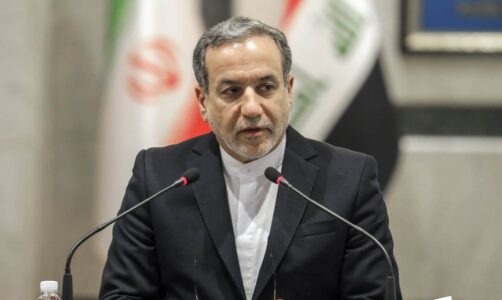Tunisia is preparing to welcome the Iranian Minister of Foreign Affairs tomorrow, Abbas Araghchi, whose visit was announced by the spokesperson for the Iranian ministry, Esmaeil Baqaei. This tour, which also includes Egypt, is part of Iran’s continuous dialogue with the countries of the region and the Islamic nations, aimed at strengthening bilateral links and exchanging on regional and international developments.
The arrival of Araghchi intervenes only one day after the visit of the Saudi Minister of Foreign Affairs in Tunis, stressing the strategic role of Tunisia as a platform for regional diplomatic consultations.
A succession of strategic diplomatic visits
The temporal proximity of the two visits reflects the will of Tunisia to maintain a neutral and constructive position in regional discussions. While the Saudi Minister has addressed regional security and economic cooperation issues, Araghchi’s visit will allow this dynamic to be completed by including sensitive files such as Iranian nuclear cooperation and regional security.
Iranian visit issues and objectives
According to the spokesperson for the Iranian ministry Esmaeil Baqaei, the Araghchi tour is part of a continuous dialogue with the countries of the region and the Islamic nations, aimed at strengthening bilateral relations and exchanging on regional and international developments.
During his stopover in Cairo, the minister must meet the Egyptian president Abdel Fattah El-Sisi and the director general of the IAEA, Rafael Grossi, to finalize a new framework of technical and nuclear cooperation.
This framework, in the final phase after three rounds of discussions, takes into account Iranian commitments while considering the illegal attacks of the Israeli State and the United States against its nuclear installations, as well as the decisions of the Supreme Iranian National Security Council.
Implications for Tunisia
For Tunis, successively welcome the Saudi and Iranian ministers illustrates its role as mediator and dialogue facilitator in a complex region. This sequence of visits strengthens the diplomatic visibility of Tunisia and underlines its capacity to serve as a platform for strategic exchanges between major actors of the Middle East and the Arab world.








